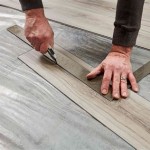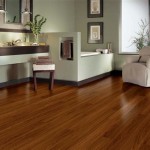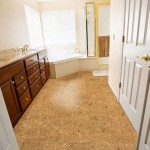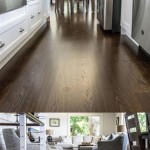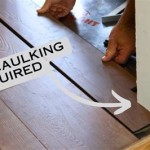The Difference Between Hardwood and Engineered Flooring for Stairs: Cost Considerations
When renovating your home, stairs often present a unique challenge. Choosing the right flooring material for your stairs can significantly impact both the aesthetic and the budget of your project. Hardwood and engineered flooring are popular options, each with its own set of advantages and disadvantages. Understanding the differences between these materials, particularly in terms of cost, is crucial for making an informed decision.
Hardwood Flooring
Hardwood flooring is a timeless choice known for its natural beauty and durability. It's made from solid pieces of wood, typically oak, maple, or walnut, and is available in a wide variety of finishes and colors. When it comes to stairs, hardwood offers a classic and elegant look that complements any home style.
Cost Considerations
Hardwood flooring for stairs is generally more expensive than engineered flooring. The cost can fluctuate based on several factors, including:
- Wood Species: Exotic hardwoods like walnut or cherry tend to be more expensive than common species like oak or maple.
- Grade: Higher-grade hardwoods, with fewer knots and imperfections, command a higher price.
- Finish: Finishes like hand-scraped or distressed increase the cost.
- Installation: Installing hardwood on stairs requires specialized expertise, potentially adding to the overall cost.
Hardwood flooring for stairs can be a substantial investment, but it offers excellent long-term value, especially if properly maintained. Its durability makes it a wise choice for high-traffic areas like stairs.
Engineered Flooring
Engineered flooring is a popular alternative to solid hardwood. It consists of a top layer of real wood veneer laminated onto plywood or other core materials. This construction provides stability and makes it more resistant to moisture changes, making it suitable for areas with higher humidity or temperature fluctuations.
Cost Considerations
Engineered flooring is often more cost-effective than solid hardwood, making it a popular choice for budget-conscious homeowners. The price variations are similar to hardwood, with factors like:
- Wood Species: Engineered flooring offers a diverse range of wood species, affecting the price.
- Thickness of Veneer: A thicker veneer layer, resembling solid hardwood, contributes to a higher price.
- Finish: Distressed or hand-scraped finishes, while visually appealing, may increase the cost.
- Installation: The installation process for engineered flooring is generally simpler, potentially reducing labor costs.
Engineered flooring can offer a beautiful and durable alternative to hardwood, while often being more budget-friendly, especially for stair projects.
Comparing Costs and Benefits
When comparing hardwood and engineered flooring for stairs, cost is a significant factor. Engineered flooring is generally more affordable, particularly for larger projects, while hardwood provides a classic and timeless look with superior durability.
Ultimately, the best choice for your stair flooring depends on your budget, desired aesthetics, and usage needs. Consider factors such as the overall design of your home, the amount of foot traffic, and your long-term maintenance plans. Consulting with a flooring specialist can help guide you towards the most suitable option for your unique circumstances.

Cost To Install Engineered Hardwood On Stairs A Comprehensive Guide Major Flooring

Cost Of Hardwood Stairs

How Much Do Hardwood Stairs Cost Lv Flooring Toronto

Oak Staircase Cost How Much Is It Really

How To Install Wood Flooring On Stairs Esb

Hardwood Flooring On Stairs Elevate Your Home S Style Simple Company

Best Flooring For Stairs And Landing A Comprehensive Guide Wood Beyond Blog

The True Cost Of Wood Flooring Installation Materials And More

Is It More Cost Effective To Refinish Or Replace Staircase Hardwood Floors

The Difference Between Engineered Hardwood And
See Also

